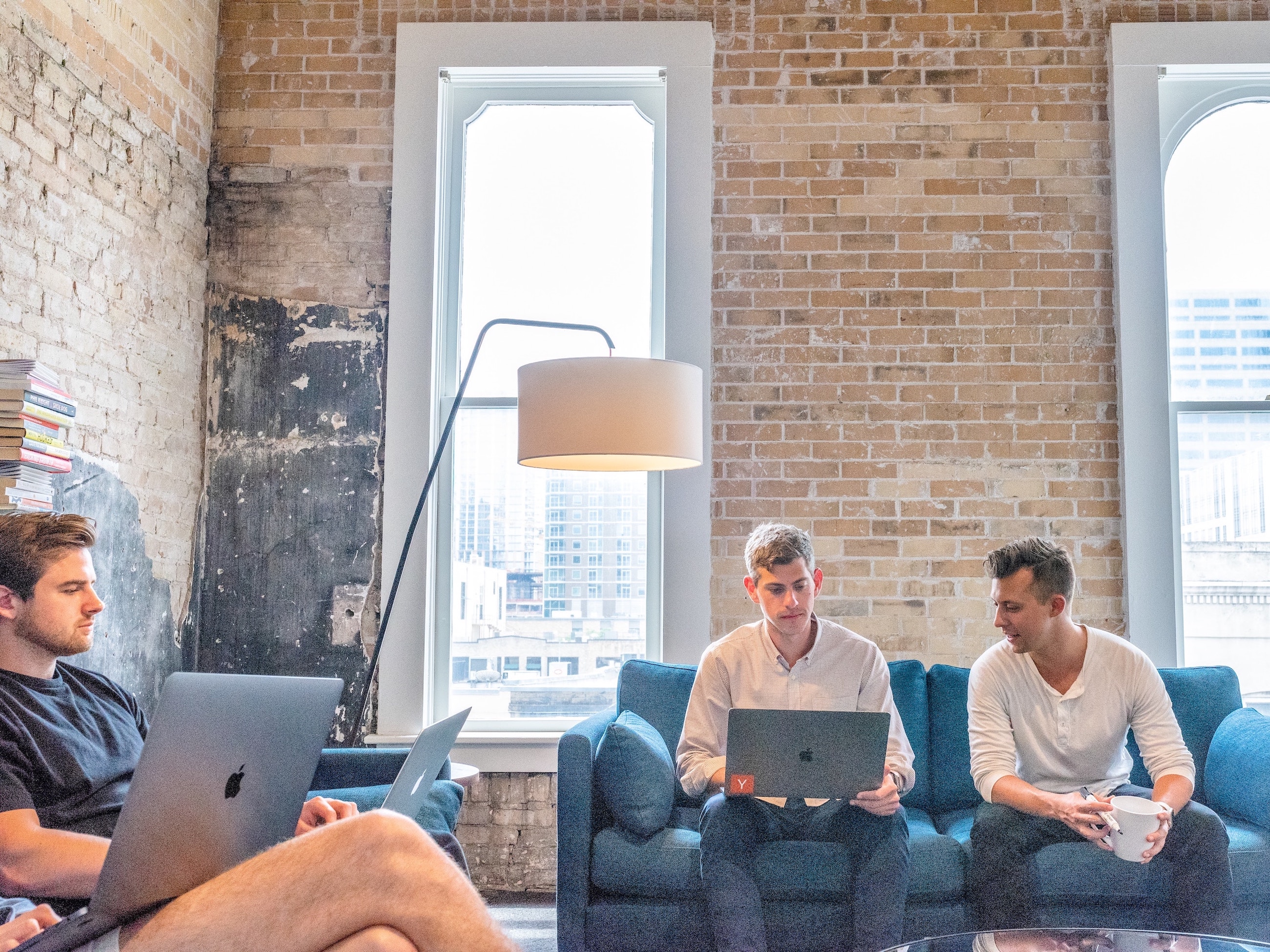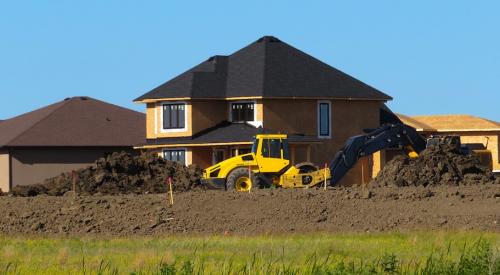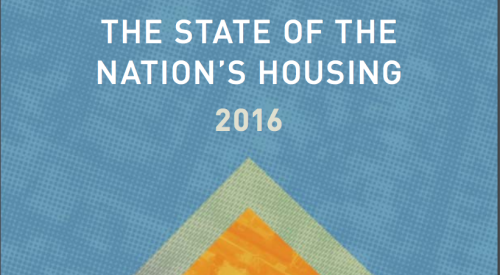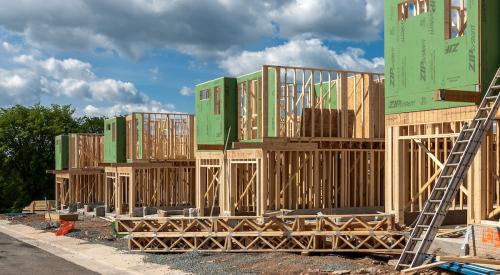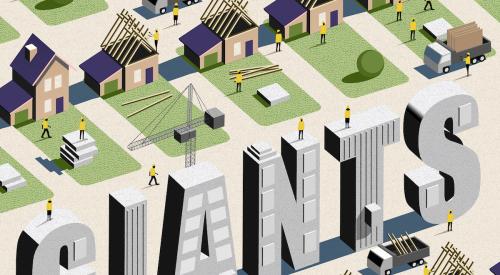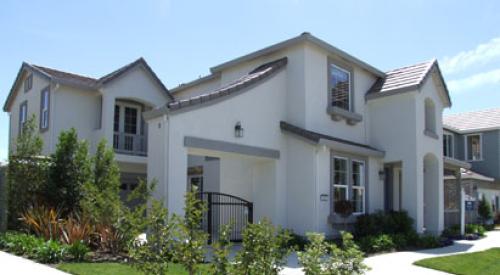The number of adults living with other adult family or friends is increasing in Colorado, despite low unemployment and foreclosure rates, the Denver Post reports.
Back in 2006, before the recession hit, there were 415,000 “doubled-up” households in the state. By 2017, the number had risen to 560,000, according to the report, which used counts from the Census Bureau’s American Community Survey.
And that increase doesn’t just reflect a larger population. The number of households of all types rose 16 percent in Colorado between 2006 and 2017, while the growth rate of doubled-up households was 34 percent.
Is the increase in households doubling-up an indicator of a coming recession? Resnick said it’s a lagging indicator from the last one. A surge in foreclosures and job losses pushed thousands of people to move in with family and friends after last decade’s downturn. The expectation was that, as the economy improved, the number of doubled-up households would decline.
But when supply failed to keep up with demand, rents and housing costs skyrocketed, especially along the northern Front Range. Beyond that, Resnick said, high costs associated with caring for children and aging relatives may be contributing to the trend.
